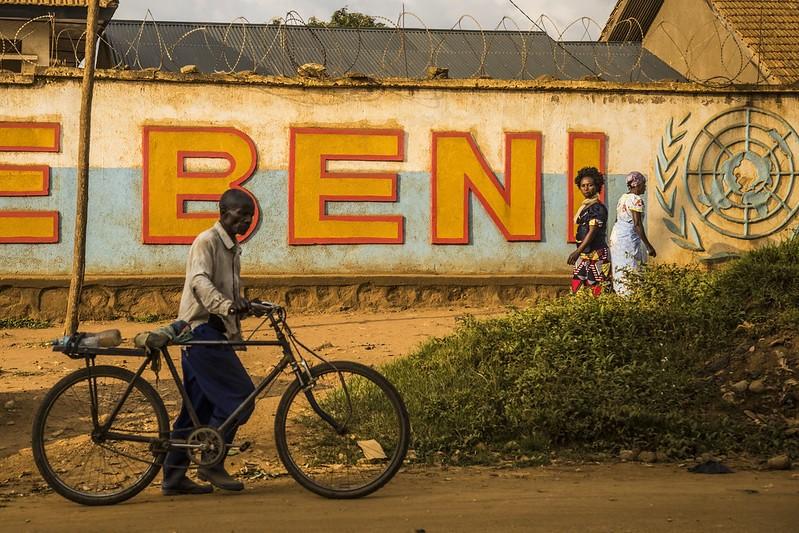Over the weekend, the World Health Organization (WHO) African regional office reported a suspected Ebola case in the Democratic Republic of the Congo's (DRC's) North Kivu province, and today an official from the country's national lab confirmed the finding, according to media reports.
In an Aug 20 statement, the WHO said the patient is a 46-year-old woman who died on Aug 15 after she received care at Beni Referral Hospital. She was initially hospitalized for other problems, but later showed symptoms consistent with Ebola infection.
Matshidiso Moeti, MBBS, WHO African regional office director, said the WHO is already on the ground to investigate the case and prepare for a possible outbreak. She said staff are working with local officials to identify the woman's contacts and monitor their health.
The DRC's National Institute for Biomedical Research (INRB) confirmed the finding today, according to Reuters. Placide Mbala, PhD, head of the INRB's pathogen genomics laboratory, said tests suggest the case is genetically linked to the large outbreak in 2018-2020 that was centered in North Kivu and Ituri provinces, located in the northeastern part of the country.
Smaller outbreaks in 2021
Persistent virus in survivors are known to trigger flare-ups, and following the large outbreak, there were two other small events in the same area, both thought to be linked to earlier human cases in the area.
Both occurred in 2021. One that began in February 2021 resulted in 12 cases, 6 of them fatal. And one that started that October led to 11 cases, 6 of them fatal.
The current outbreak marks the DRC's 15th. Earlier this year, an outbreak in Equateur province—located in the northwest—was declared over in early July after four confirmed cases and one probable case. All five patients died.
Unlike the recent flare-ups in North Kivu province, the Equateur province event was thought to be the result of a new spillover from an animal source.



















